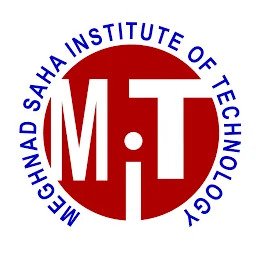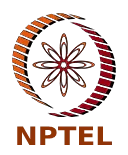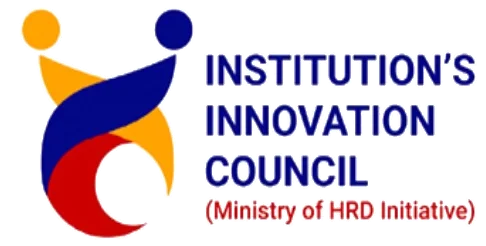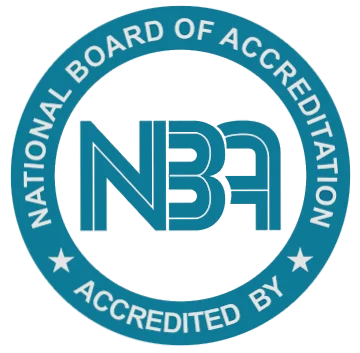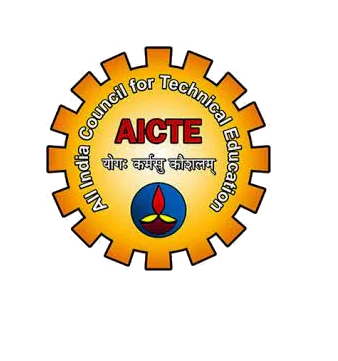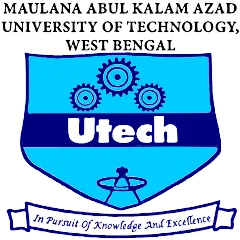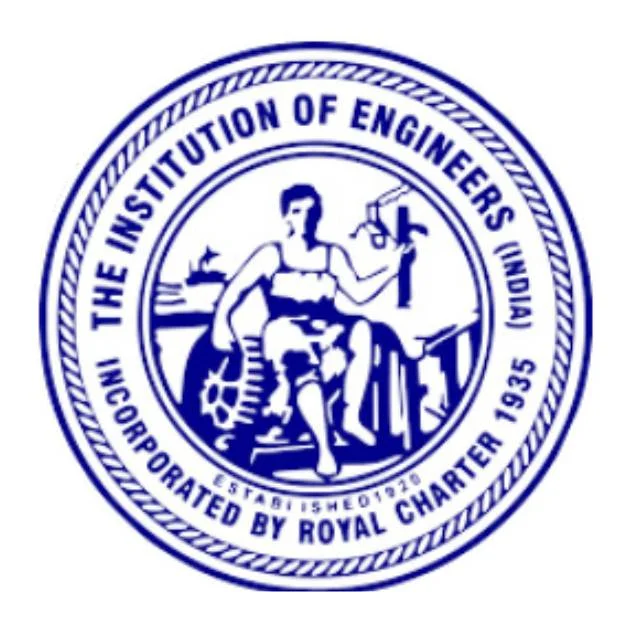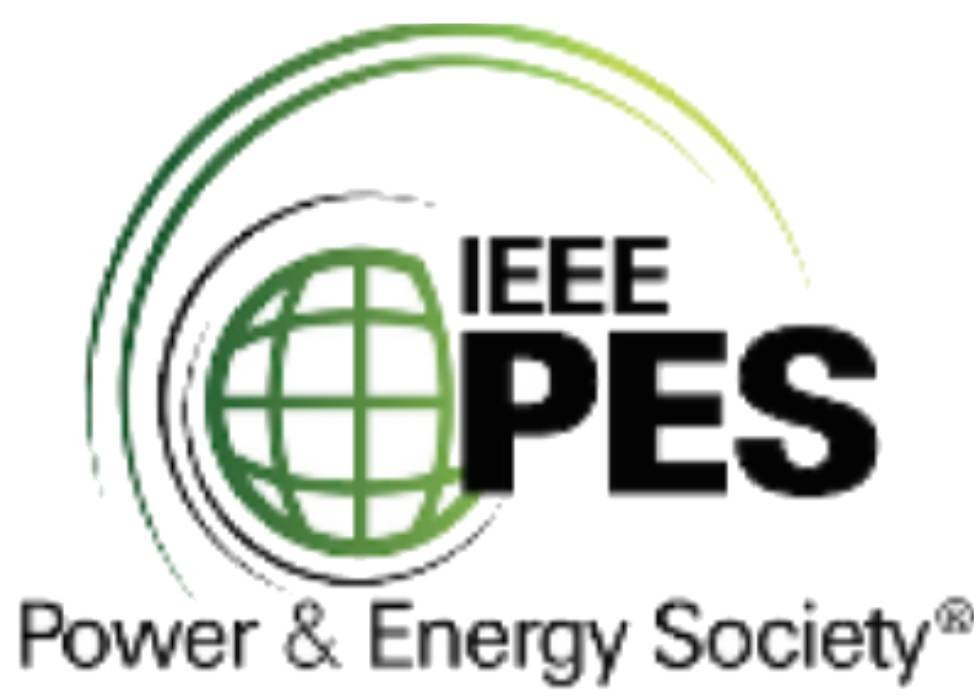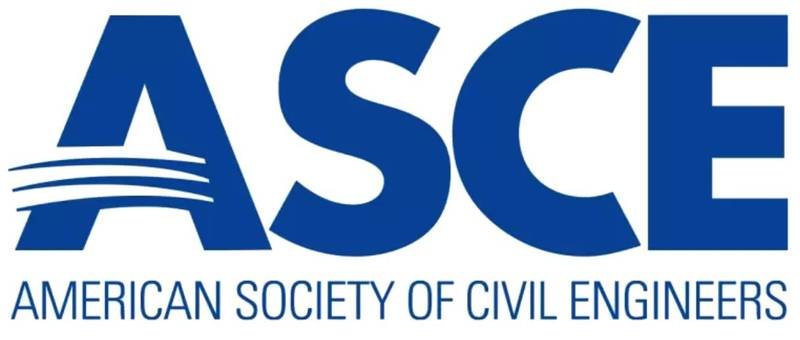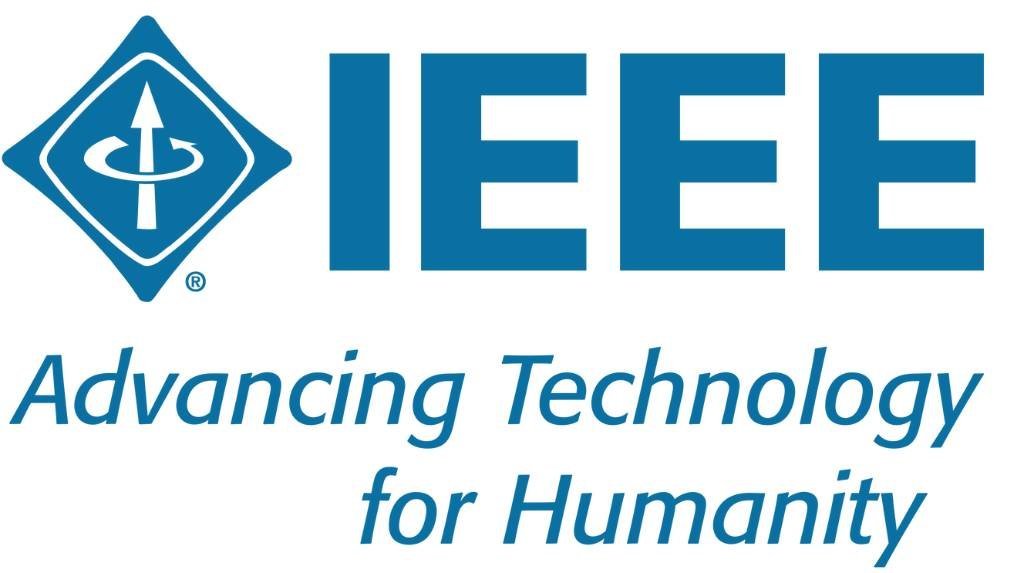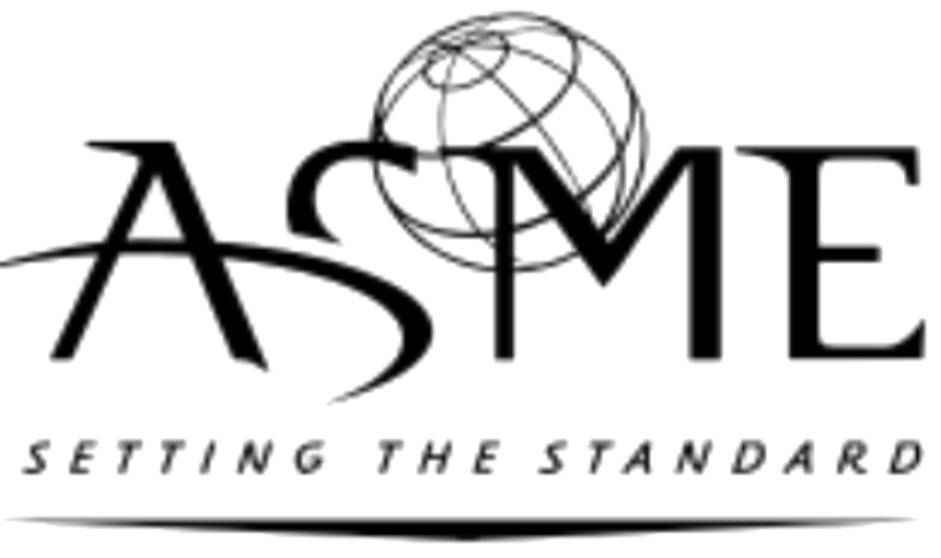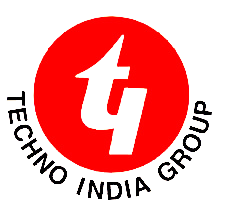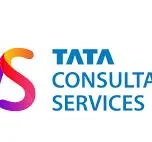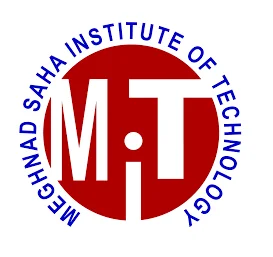Program Educational Objectives (PEO)
- PEO1: Graduates shall have good understanding of the electrical engineering fundamentals for identifying and analyzing real life engineering problems in power sector and manufacturing industries.
- PEO2: Graduates shall provide innovative and state-of-the-art approaches for successful career growth in power sector, automation industries and blossom into entrepreneurs, scientists and technocrats.
- PEO3: Graduates shall have the expertise in modern software tools like data science, AI, IOT, machine learning, image processing for measurable and impactful contributions that strongly support the organization’s high-level goals.
- PEO4: Graduates shall have ethical responsibility and create positive organizational impact through Individual contribution and teamwork with a commitment to work with others of diverse culture and Interdisciplinary backgrounds.
Program Outcomes (PO)
Engineering Graduates will be able to:
PO1 – Engineering Knowledge: Apply mathematics, science, and engineering fundamentals to analyze and solve complex engineering problems.
PO2 – Problem Analysis: Identify, formulate, and analyze intricate engineering challenges through scientific research and critical thinking.
PO3 – Design & Development of Solutions: Design innovative engineering solutions while considering public health, safety, cultural, societal, and environmental aspects.
PO4 – Investigations of Complex Problems: Utilize research-based knowledge, experimental design, and data analysis to derive logical and substantiated conclusions.
PO5 – Modern Tool Usage: Leverage advanced software, hardware, and IT tools to enhance engineering solutions while understanding their constraints.
PO6 – The Engineer and Society: Assess legal, societal, health, and cultural responsibilities in engineering decision-making.
PO7 – Environment and Sustainability: Analyze the environmental impact of engineering solutions and contribute to sustainable development.
PO8 – Ethics: Uphold professional and ethical responsibilities in all aspects of engineering practice.
PO9 – Individual & Team Work: Operate efficiently both as an individual and as part of diverse, interdisciplinary teams.
PO10 – Communication: Exhibit effective technical communication skills for documentation, presentations, and team collaboration.
PO11 – Project Management & Finance: Apply engineering and management principles to successfully lead and execute projects.
PO12 – Lifelong Learning: Stay adaptable and proactive in learning new technologies and trends in the rapidly evolving engineering landscape.
Program Specific Outcomes (PSO)
PSO1: Apply the principles of science & engineering to cater the need of power sector and
manufacturing industries which includes operation, testing and maintenance of bulk power electrical systems by maintaining integrity.
PSO2: Develop competency in using modern software tools to meet the requirement of industry for achievement of organizational goal by obeying ethical principles.
PSO3: Develop expertise and acumen in core areas for research& innovation in power sector and automation to benefit human welfare.
